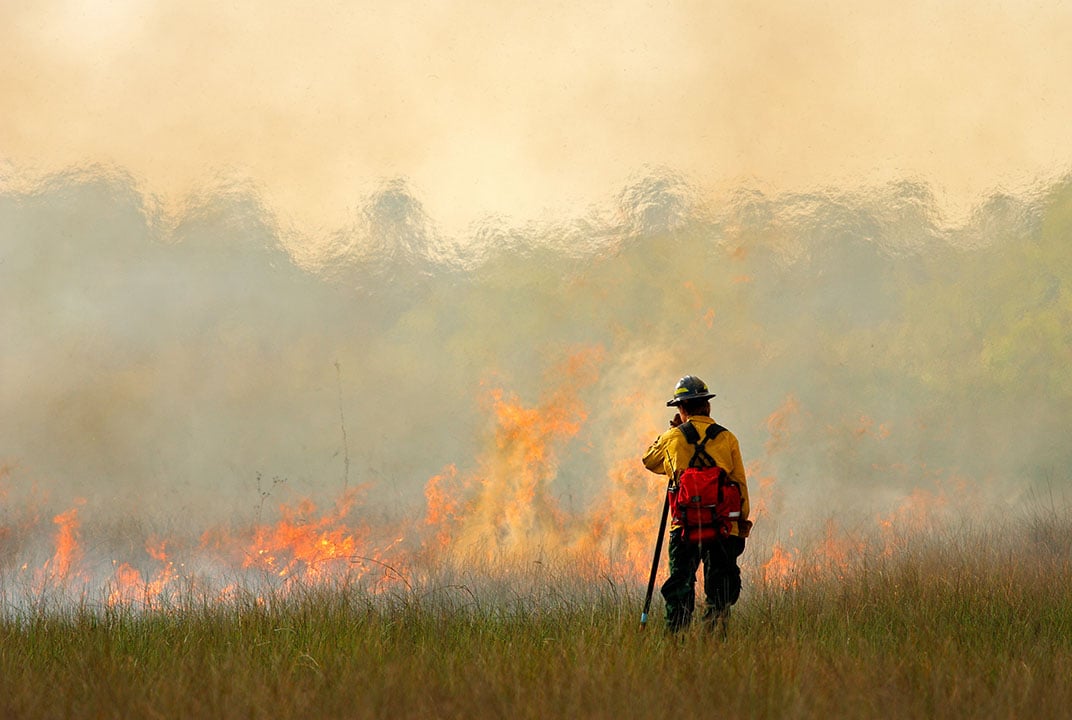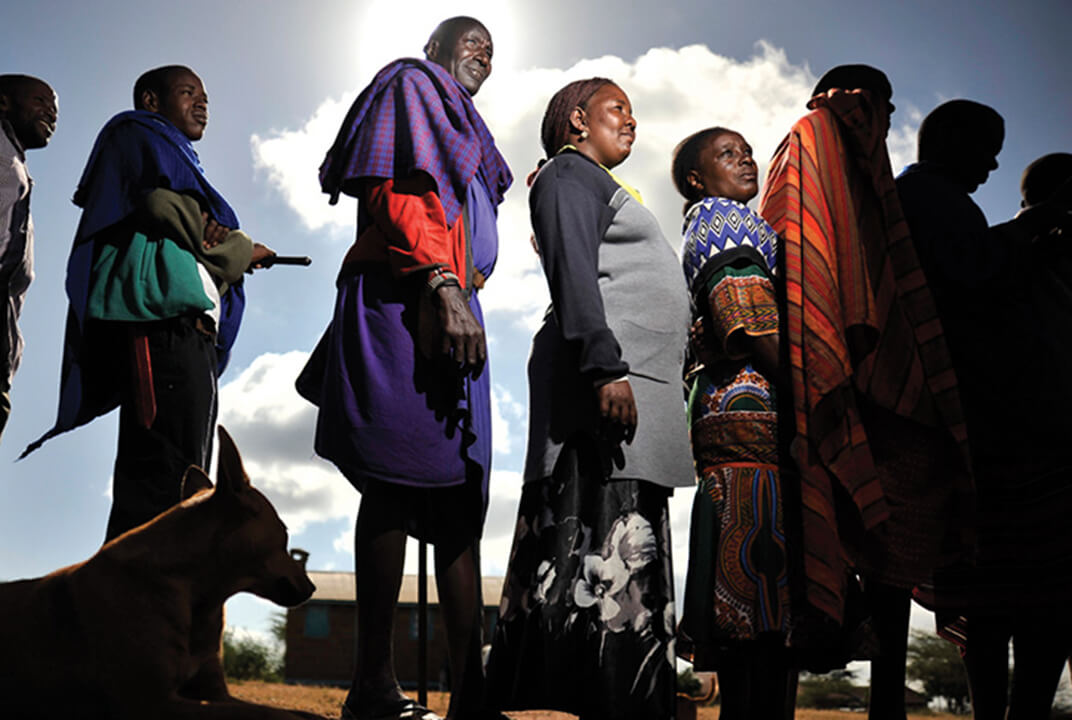Insight | Case study: Team Rubicon UK
Case study: Team Rubicon UK
null
Inmarsat gets behind Team Rubicon UK to assist with emergency response efforts
Team Rubicon was founded by two US Marines in the wake of the Haitian earthquake in January 2010. Seeing the devastation of that natural disaster, the two defied government and aid organisation advice and flew out to Haiti to put their Marine skills to use in the response and recovery efforts. They quickly realised that military veterans had many skills that could be brought to bear on disaster situations, and subsequently founded Team Rubicon. The organisation now has approximately 60,000 volunteers in the USA, and registered as a charity in the UK in June 2015, where it has recruited nearly 2000 volunteers.
The challenge
Team Rubicon UK deploys response teams to emergencies around the world, having run major operations since the 2015 Nepal earthquake, from Ecuador and Canada to Greece and even closer to home in the UK. Whilst on the ground, the team works with local charities and communities administering life-saving aid and helping to get infrastructure like hospitals, schools and roads up and running again.
Working fast and effectively is dependent on the teams’ ability to communicate in order to coordinate response efforts with other aid agencies, ensure the safety of their teams when they’re in the field and to share images and video describing what is going on for fundraising purposes. However, the emergencies that Team Rubicon respond to often mean that if communications infrastructure exists it is often damaged or overloaded. Moreover in rural areas this may not exist to begin with, making communications a significant challenge to the organisation.
Stuart Lane, Director of Field Operations at Team Rubicon in the UK, explained: “We are developing a wide variety of skillsets, so we can offer a range of emergency response solutions – from the early stages of disaster response, where a lot of the work is the immediate support of communities and assessment and prioritisation of tasks to protect lives, to the latter stages of reconstruction.
“A key part of disaster response and recovery is organisation and coordinating resources so that actions make the maximum impact. Communications are fundamental to establishing this – many people want to help in a disaster, but when they aren’t coordinated effectively they can actually hinder emergency response efforts. Establishing reliable communications methods in disaster situations is vital, so we needed to find a system that worked.”
Related services
The solution
To solve its connectivity challenge, Team Rubicon partnered with Inmarsat, the leading provider of global mobile satellite communications services, to support its emergency response efforts with rock-solid data and voice networks.
Through a combination of Inmarsat’s satellite phones and BGAN, Team Rubicon has a network that can withstand the rigours of a disaster response operation. Inmarsat’s L-band network ensures Team Rubicon experience up to 99.9% uptime, which is critical when connectivity can mean the difference between life and death.
In addition to peerless reliability, the Inmarsat satellite network also provides connectivity on a truly global scale, meaning that wherever disaster has struck, often in remote locations, Team Rubicon staff and volunteers will always have communications capability. Inmarsat’s relationship with Team Rubicon goes well beyond that of technology provider and client. As part of its CSR programme, Inmarsat is encouraging its employees to train with Team Rubicon to become a Greyshirt, a trained Team Rubicon volunteer. This will lead to the deployment of Inmarsat staff to disaster zones to help, specifically with the use of Inmarsat equipment, but also generally with other important jobs, assisting affected communities.
Read the case study
The benefits
Stuart concluded by identifying how the partnership with Inmarsat is enabling Team Rubicon to help more people: “The solutionthat Inmarsat has provided has helped us to overcome the serious communication issues we were experiencing and enables us to coordinate our work internally and reachback to the UK for subject matter expertise and remote support; whilst tying in with other agencies wherever we are in the world. Inmarsat’s technology has already proved incredibly useful in the field, improving both our abilities to help co-ordinate relief efforts and to let the world know what is happening in disaster-afflicted areas.”
Paul Gudonis, President of Inmarsat Enterprise, military veteran and Team Rubicon Greyshirt has led the initiative within Inmarsat. Commenting on the significance of the partnership for Inmarsat he remarked: “Inmarsat’s origins lie with the United Nations, as an NGO created by the International Maritime Organisation to establish a satellite communications network for the maritime community and to therefore help people safely traverse the oceans. This commitment to helping people through technology lies at the heart of who we are, and we’re really excited to bring this capability to an organisation that is doing fantastic work.”
Key benefits of BGAN and IsatPhone 2
- Inmarsat provides connectivity where infrastructure is damaged or does not exist
- IsatPhone 2 allows responders to speak with their team and co-ordinate activities on the ground or back at base
- BGAN provides connectivity for multiple-devices to support a mobile operations centre
- BGAN allows fundraisers to share images and video back home to boost fundraising efforts


